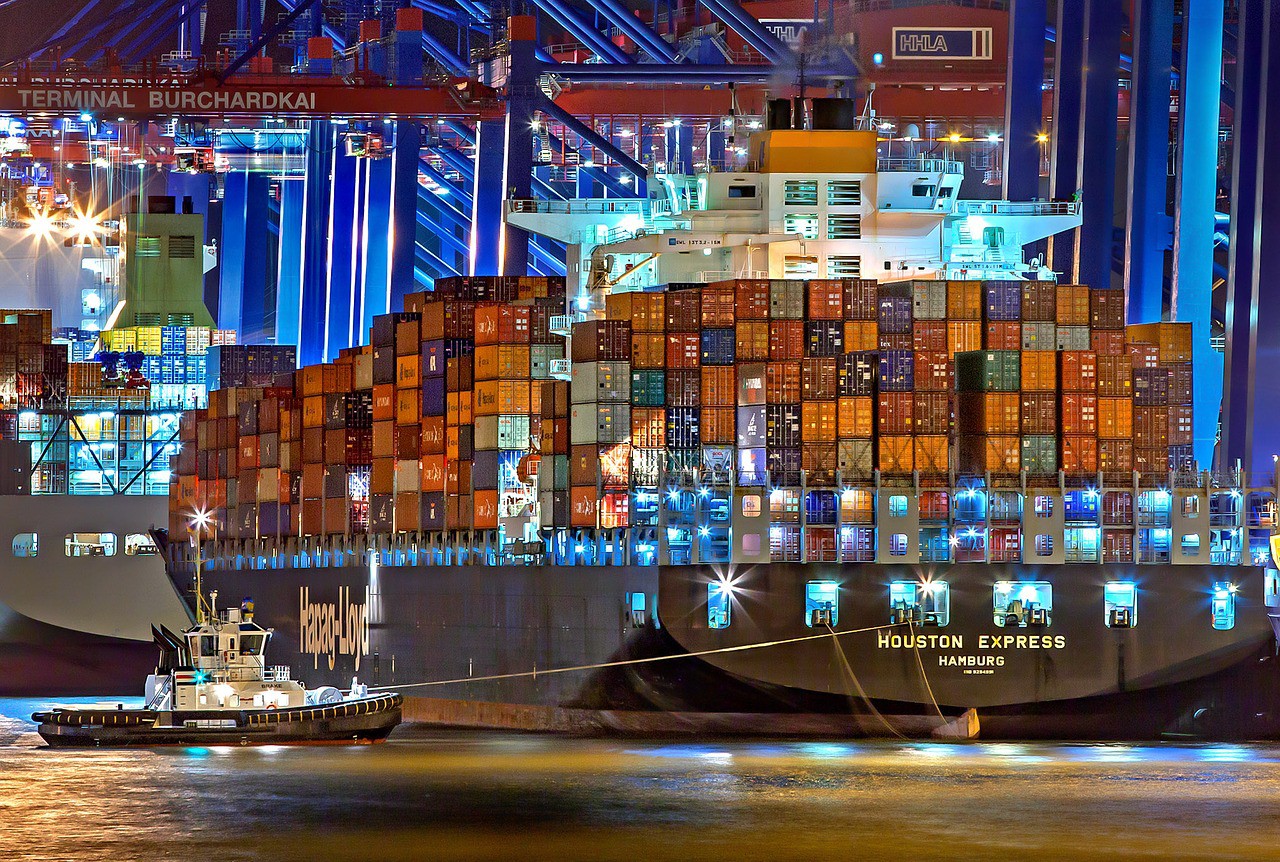Exporting your goods to new markets is the dream of every small business owner. So many articles talk about how common it is for small businesses to become export giants and yet, for those of us that are in the midst of the hard work, it can seem like an uphill struggle. The export market has recently suffered a hit, as shipping reliability has decreased. As you might have noticed, the Suez Canal issue whereby a giant cargo ship carrying 80-100,000 containers blocked the path to hundreds of other cargo ships. This is just one sign of a declining and very vital area of business. Let’s take a look at why and how it could affect your exporting.
Decrease in Reliability
Shipping lines are finding that their cargo vessels are no longer meeting their standards with regard to the time of arrival. Ships are taking longer and longer to get to their destinations and it’s because of a few reasons.
- Fewer experienced crews are in the market. Cargo ships are gigantic and although they only need to be manned by 20-30 sailors, engineers and mechanics, experience is the number one factor that matters.
- Shipping is being diverted. Trading lanes that were once calm and free, are being contested by geopolitical actors such as Iran, UK, China, USA and Russia.
- Data is showing that new markets such as India and Persian Gulf states are in high demand for ships and crews, taking talent and companies away from traditional markets such as Europe, Africa and North America.
- Companies that have not done a digital revolution are at a severe disadvantage. Paperwork needs to be kept to a minimum and automation has to be increased.
Issues at Borders
As we are finding out between the UK and EU, paperwork is the number one complexity that slows down exports. This is why any business looking to export should work with a customs brokerage that can handle all the necessary forms and apply the regulations and laws to the cargo you are transporting. New rules and regulations spew out of government offices every single day. Subtle changes that might impede an entire load are very common. This is why working with companies that know and understand the export market is so vital for small businesses. You might save costs by doing it yourself, but no doubt, you will not save time. And as we know in business, time is money.
Severe Weather
Climate change has now come to the fore and it cannot be ignored. We are seeing the results in real time, of the negligence to these issues and its consequences. Severe weather is disrupting international trade and it’s no surprise that the seas are the number one cause of concern. With more and more tumultuous weather reports, unstable wind patterns and tidal waves, shipping has become more hazardous than before. Not to mention, the recent floods in Germany that derailed cargo trains and destroyed train lines. This and more are adding up to serve as extremely high odds against export markets.
So, How Can You Overcome Them?
Risk management, more specifically business continuity planning and disaster recovery planning are the shining beacons of hope. Business resilience has a huge gust of wind in its sails right now. It’s been spurred on by the pandemic but it has been a long time coming. It’s vital that your business has a team that is solely working on BCP and DRP. Business resilience comes in many forms but perhaps if you went past the financial perspective, you could open many new doors.
Operational resilience is perhaps the biggest factor of concern. You will need to plan for relevant disruptions to your export operations. For example, if you have a late arrival of cargo, what can you do to satisfy your clients? You could ask to divert the cargo at the nearest port, and have it delivered by road instead.
Technology failures are usually risks that emanate from poor training, hardware malfunctions and lack of knowledge of the threats you face. For technological failures, you could add more cybersecurity protections such as firewalls, data encryptions, anti-fraud measures and better employee practice measures.
Shipping reliability may be decreasing but the export market is still a very attractive prospect for small businesses. It’s vital to invest in a business resilience program, where your business continuity and disaster recovery plans are the two leading concerns to be managed.










![Read more about the article [Funding alert] Beverage startup Rockclimber raises $1M from angel investor Anand Prakash Sharma in pre-Series A funding](https://blog.digitalsevaa.com/wp-content/uploads/2021/07/Image6o5h-1625664309808-300x150.jpg)